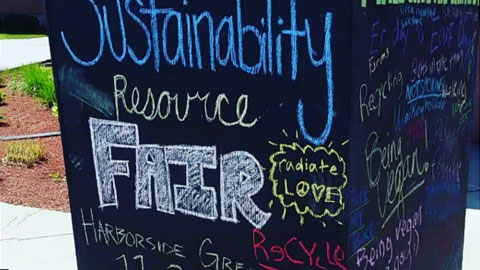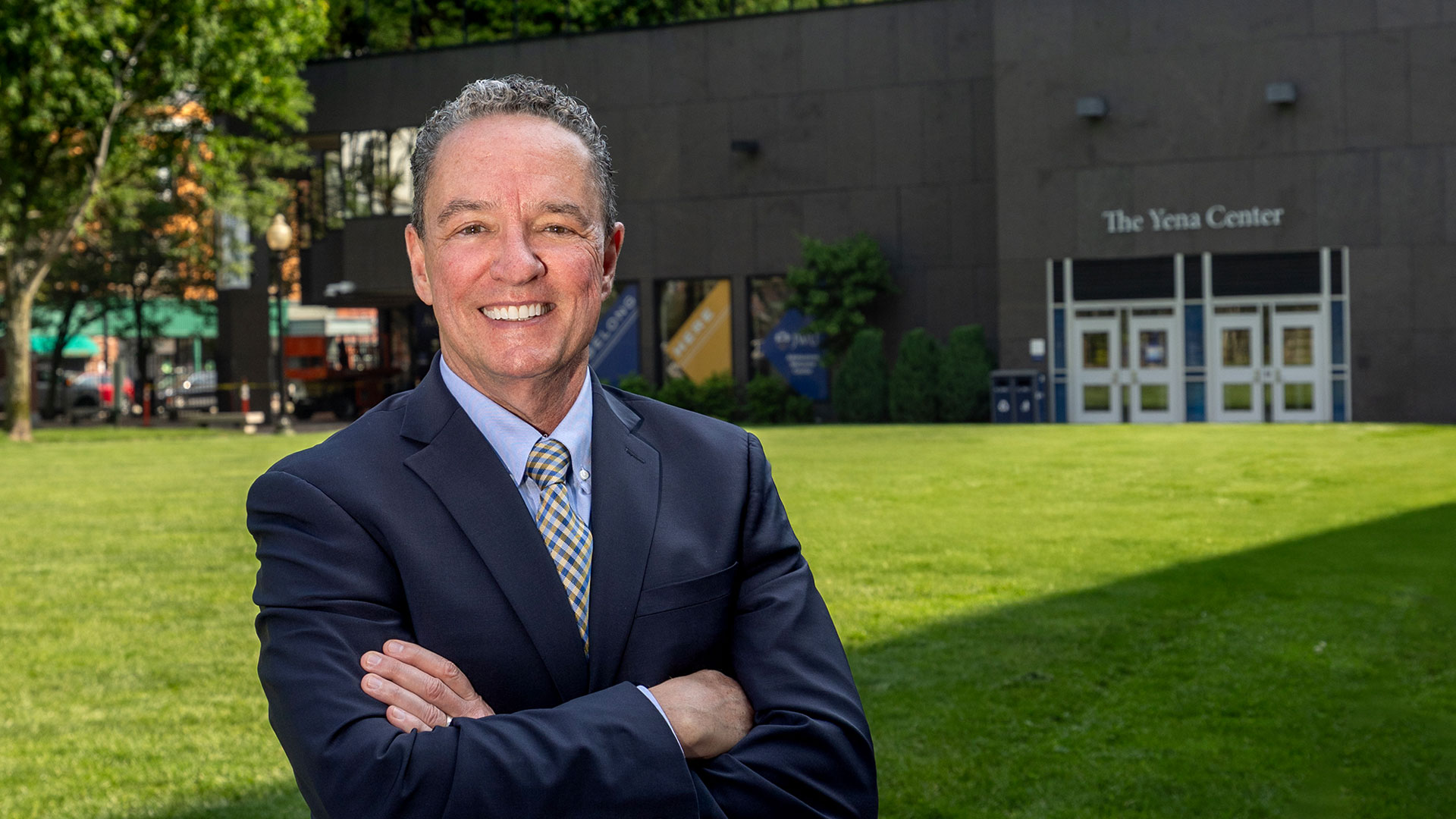JWU Providence Earns EPA Certificate for Food Waste Recycling

Johnson & Wales University’s Providence Campus has been awarded an Environmental Protection Agency (EPA) Food Recovery Achievement Certificate for food waste reduction.
JWU was one of 24 New England organizations to be honored with the award, including MIT and UMass Lowell.
Keeping 38,000 Tons of Food Out of Landfills
EPA New England Regional Administrator Curt Spalding praised the honorees’ “hard work and commitment” as a demonstration that “protecting the environment, saving money and feeding the hungry can go hand in hand.”
Food waste is the largest stream of materials into our landfills. Diverting food waste from landfills helps reduce the generation of harmful gases that contribute to climate change.
New England Food Recovery Challenge participants diverted over 38,000 tons of food to donation and/or composting in 2014.
JWU Makes Recycling a Priority
In 2013, JWU’s Providence Campus recycled 82 tons of food waste. In 2014, that number increased to 111 tons — and the 2015 amount is trending upward. (Definitive numbers are expected early next year.)
Looking to 2016, JWU will be installing a third-generation food digester on the Harborside Campus. As with the previous digester (which was removed in 2014), food waste will be “cooked” and turned into square briquettes that will be used as a soil supplement on campus.
Starting in Fall 2016, all Providence campus dining facilities will begin recycling their food waste — all in preparation for the RI law that will go into effect in 2016 making it a requirement for institutions of certain size.
Scott Miller, the Providence Campus’ recycling manager, recognizes the College of Culinary Arts’ Executive Chef Ken Watt, Assistant Dean Bill Idell and Operations Manager Matthew Tetzner — as well as students and staff — for their enthusiasm and support for food waste reduction on campus.
“It’s good old-fashioned common sense that we should use food to feed people and not landfills,” noted the EPA’s Spalding.
Learn more about JWU Providence’s Energy Conservation Office.



